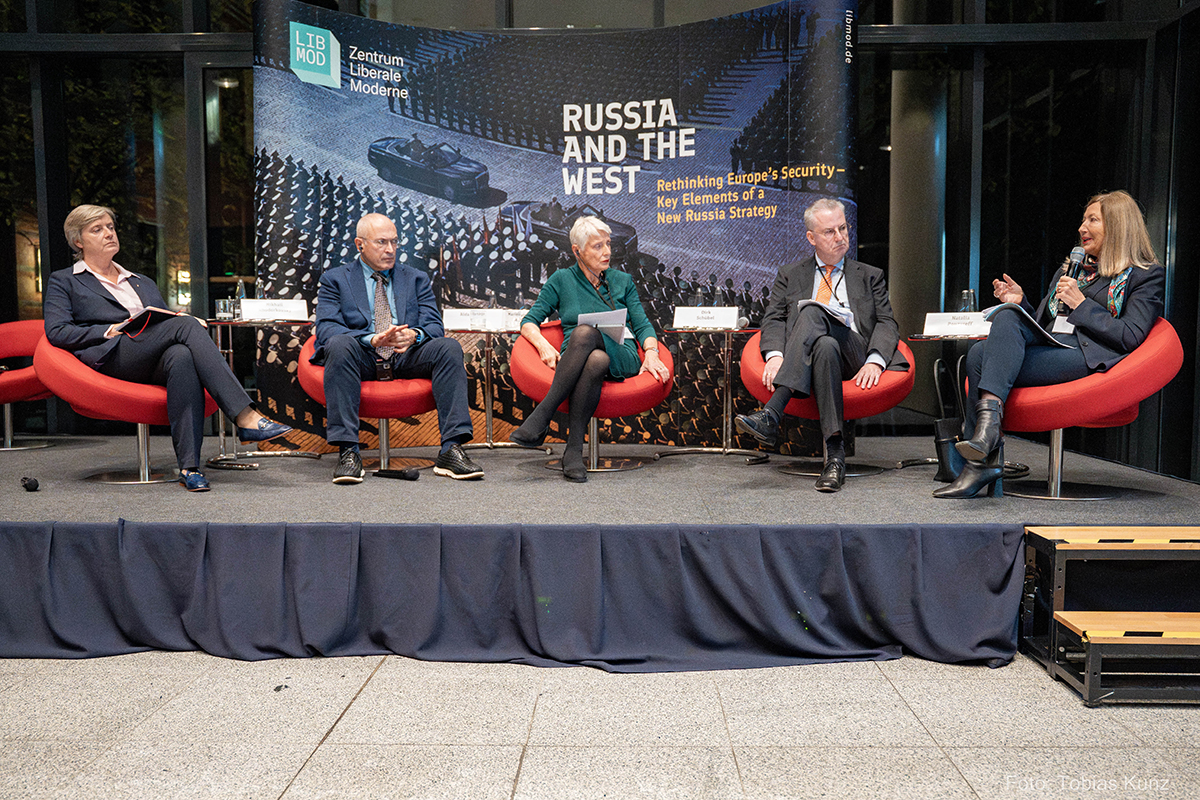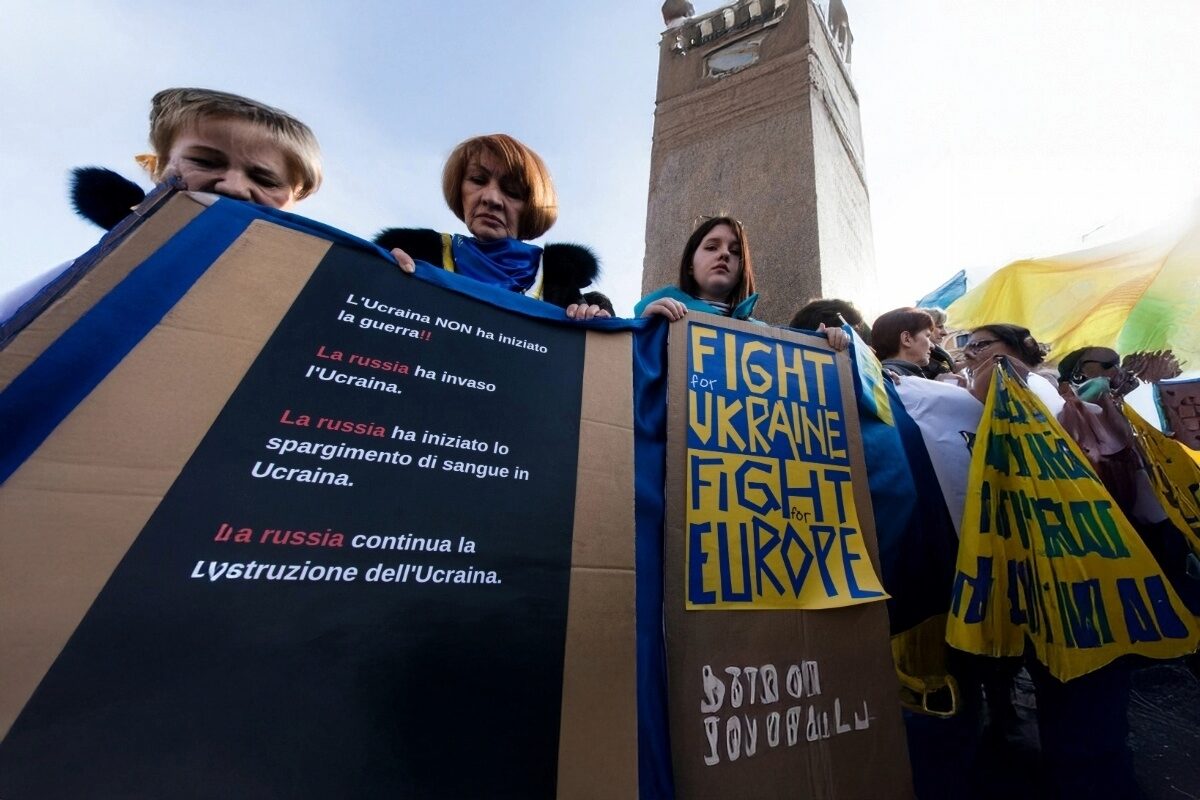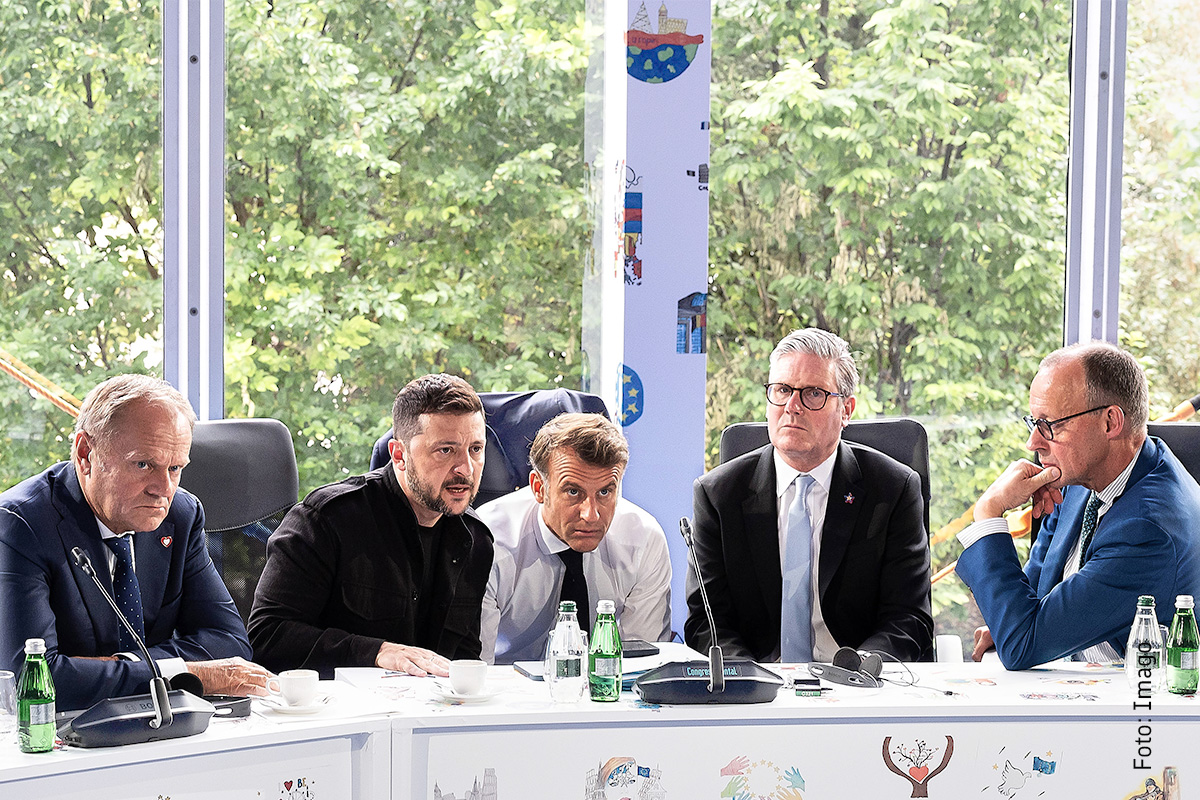Russia, Ukraine and the EU: A Comment on Putin’s history doctrine

A commentary by Ralf Fücks on Putin’s latest historical policy manifesto, published by the Kremlin.
He who controls the past controls the future: as with Stalin, official historiography in todays Russia serves to justify imperial power politics. Putin’s historical-political digression on the unity of Russians and Ukrainians is entirely in the Great Russian imperial tradition. If the Ukrainians absolutely want to be one nation, be my guest — but only under the wing of the Russian motherland.
In Putin’s narrative, the Russian Empire was one big family of nations, united by language, culture & Orthodoxy. Conquerors and oppressors were only the others. Even the land grab after the Hitler-Stalin pact was just a return of historical possessions.
His complaint that the Bolsheviks laid the axe to the unity of the empire with their nationalities policy is significant. To him, the disintegration of the Soviet Union since 1990 is not an act of liberation but a historical catastrophe. Putin accuses the republics that have fallen away of nationalism (fomented by the evil West) — the fact that the Kremlin has set violent separatism in motion in Georgia and Ukraine falls by the wayside, as does Russian nationalism as the cement of his regime. Putin’s historical-political doctrine caters to Russian post-imperial phantom pain.
He is full of contempt for contemporary Ukraine. His article is a cold threat: Ukraine belongs in the Russian orbit. It does not have the freedom to choose its alliances. This is the return of the Brezhnev Doctrine in a new guise. The Russian Foreign Ministry sums up its message: “Ukrainians and Russians are one people, one entity.”
Ukrainians will not accept that. Putin himself has ensured that they will have to seek their independence by separating themselves from Russia. One can only hope that the West will not abandon them. A return to Yalta, to the division of Europe into separate spheres of influence, is unacceptable.
The equal sovereignty of all states and the renunciation of violence as a means of politics are cornerstones of the European peace order — as is respect for human rights. They must also be the yardsticks of German and European policy towards Russia.
Ralf Fücks is a founder and Managing Partner at the Center for Liberal Modernity
![]()
Did you like thike this article? If yes, you can support the independent editorial work and journalism of LibMod via a simple donation tool.
We are recognized as a non-profit organization, accordingly donations are tax deductible. For a donation receipt (necessary for an amount over 200 EUR), please send your address data to finanzen@libmod.de
Related topics
Newsletter bestellen
Stay tuned with our regular newsletter about all our relevant subjects.





